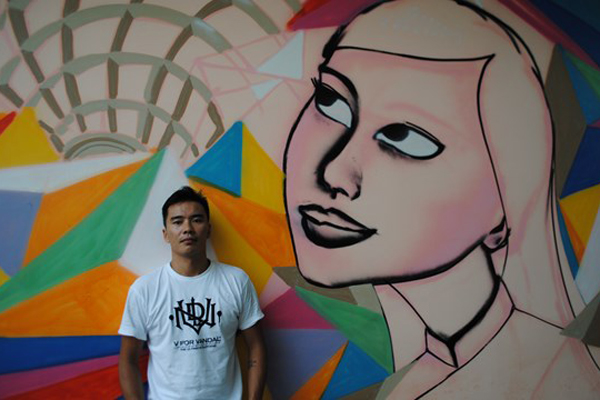Nguyen Thien Dao’s music not only stands out based on its mellifluous and resonant melodies, but also for the depth of spirituality and love for the homeland that lie behind it.
Over the course of his career, the Vietnamese French musician has composed more than 80 pieces of various genres, including symphonies, operas, ballet music and music for films.
Born in Hanoi in 1940, Dao was sent to study in France at the age of 13.
At 23, he entered the National Superior Music Conservatory of Paris where he received musical coaching from Olivier Messiaen, a distinguished French composer, organist and teacher.
Although his father disapproved of his musical training, Dao had his heart set on music.
He became one of Messiaen’s best students and graduated top of his class in music composition with a piece titled Thanh dong to quoc (Fatherland’s Bulwark) in 1968.
He is also the only Vietnamese to ever win the conservatory’s Premier Award.
After graduating, Dao went to produce several prominent classical works including Concerto 1789 (for string sextet and orchestra), Les enfants d’Izieu (opera-oratorio), Arco Vivo (cello solos) and Kosmofonia (orchestra and chorus).
In recognition of his contributions, he was honored with the 1st Olivier Messiaen Prize in composition given away by the Netherlands’ Erasmus Foundation in 1974, the Andre Caplet Prize by France’s Academy of Fine Arts in 1983 and the French Government’s Order of Arts and Literature in 1984.
Native creations
Despite training and living in France, Vietnam has always been dear to Dao’s heart.
The composer has returned to Vietnam almost every year since 1977 to work closely with local musicians and theaters.
Many of his successful works cover traditional subject matters such as Bat khuat (Unyielding – 1969), Ba me Viet Nam (Vietnamese mothers – 1973), and Giai phong (Liberation – 1976).
He also composed several solos specifically for traditional Vietnamese musical instruments and coordinated with the Hanoi Opera House and Ho Chi Minh City Symphony and Opera Theater on a series of musical productions.
“For me, music is like roaring waves of emotions,” he said.
“Vietnam and its traditional musical treasures are my endless sources of inspiration.”
His symphony entitled Chuyen cua Pao (Pao’s Story) in the eponymous domestic movie won him the Best Music award at the 15th Vietnamese Film Festival.
Dao has sponsored several scholarships to Vietnamese musical students.
He and his wife also plan to donate their houses in Paris and Hanoi worth millions of dollars to support Vietnamese traditional music after their deaths.
Buddha’s symphony
The musician is currently working hard on a symphony entitled Khai giac (Enlightenment) which will be performed at the closing ceremony of the fifth United Nations Vesak Festival, also known as Buddha’s Day, scheduled for May 13 – 17 in Hanoi.
The Vesak celebration, the most important Buddhist festival that traditionally takes place on the full moon of the lunar calendar’s fourth month each year, marks three major events during the life of Gautama Buddha, the founder of Buddhism: his birth, attaining Enlightenment and entry into Nirvana or death.
Khai giac is based on a seven-page Buddhist poem and the Prajñāpāramitā Hridaya Sūtra (Heart Sutra) – one of the most important sutras of Buddhism.
The symphony is divided into seven episodes that highlight significant events during the life journey of Prince Siddharta Gautama to become the Buddha.
The symphony is a beautiful combination of classical music and traditional Vietnamese genres such as tuong (classical opera), cheo (northern traditional drama), tai tu Nam Bo (southern folk music) and folk songs.
About 500 people, including monks and nuns, will take part in Dao’s symphony, slated to last 40 minutes.
It is the longest work he has ever composed and conducted and also marks the first time a symphony has been composed about the Buddha and performed at the Vesak Festival.
“I can’t say now whether the performance will be a success or not, but I feel exuberant and overwhelmed with feelings each time I listen to it,” Dao said.
Reported by Tu Do

